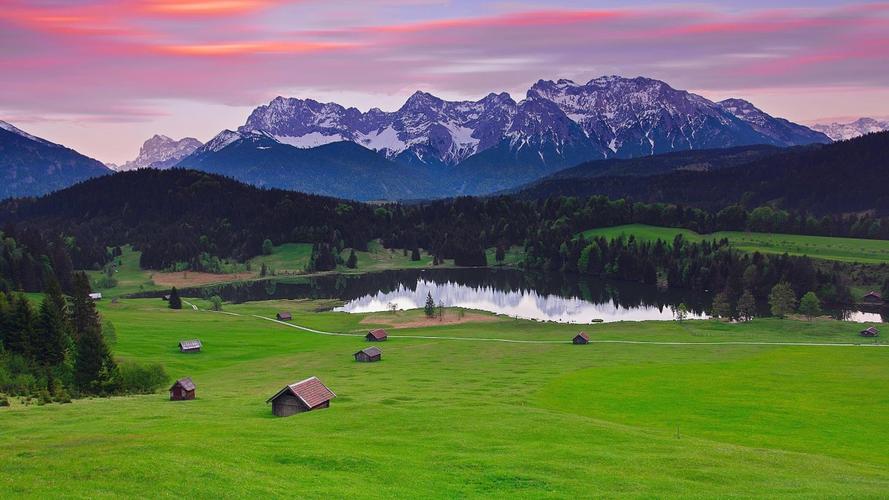Exploring the Richness of Okinawan Culture: A Guide to Understanding its History and Traditions
Okinawa is an island located at the southern tip of Japan. It’s known for its stunning beaches, crystal clear waters, and beautiful coral reefs. However, there’s much more to this beautiful place than meets the eye. Okinawan culture is rich in history, tradition, and unique customs that are different from the rest of Japan. This guide will take you on a journey through the island’s fascinating past, present, and future, giving you a complete understanding of the richness of Okinawan culture.
The History of Okinawa
When one thinks of Japan, they might imagine bustling cities, samurai warriors, and geishas. However, the history of Okinawa is quite different from this stereotype. The island’s history dates back over 30,000 years when the first humans settled here. Over time, Okinawa was influenced by various foreign powers such as China, Japan, and the United States.
From the 15th to the 19th centuries, Okinawa was an independent kingdom known as the Ryukyu Kingdom. It had its own language, customs, and unique culture. During this period, the kingdom thrived as a center of trade and commerce in Asia. However, in 1879, Japan annexed Okinawa and forced the Ryukyu Kingdom to dissolve. This marked the end of the island’s independent status.
During World War II, Okinawa was the site of one of the bloodiest battles in history. The island was invaded by the United States, and the fighting lasted for three months. Over 200,000 people lost their lives in the battle, including civilians. After the war ended, Okinawa was placed under American occupation until 1972 when it was returned to Japanese control.
Customs and Traditions
Okinawan culture is unique in many ways. One of the island’s most famous traditions is the Ryukyu dance. This dance is a form of storytelling that uses fluid movements, colorful costumes, and beautiful music to express emotions and life experiences. It’s performed at festivals, weddings, and other special occasions.
Another tradition that’s deeply rooted in Okinawan culture is karate. Karate was founded in Okinawa and spread throughout the world. It’s a martial art that emphasizes discipline, respect, and self-defense. Karate is not just a sport, but a way of life for many Okinawans.
Food is also an important aspect of Okinawan culture. The island’s cuisine is known for being healthy and delicious. Some of the most popular dishes include goya champuru (bitter melon stir-fry), Okinawan soba (noodles served in hot broth), and sata andagi (sweet deep-fried doughnuts).
Challenges and Opportunities
Okinawa is facing many challenges in the modern era. The island’s population is declining, and its economy is struggling. However, this has also created opportunities for growth and innovation.
One area where Okinawa is making strides is in renewable energy. The island is now home to Japan’s largest solar power plant, and efforts are being made to increase wind and hydrogen energy production. This not only helps Okinawa become more self-sufficient, but also serves as an example for other parts of the world.
Okinawa is also a hub for tourism. Its natural beauty, rich culture, and friendly people make it a highly desirable destination for both local and international visitors. The tourism industry has created many job opportunities and brought attention to Okinawan culture.
Conclusion
Overall, Okinawan culture is a fusion of history, tradition, and innovation. Through its struggles and triumphs, the island has become a unique and special place. Whether you’re interested in dance, martial arts, or cuisine, there’s something for everyone in Okinawa. By exploring the richness of Okinawan culture, you can gain a greater understanding of the diverse and fascinating world that exists beyond Japan’s major cities.
(Note: Do you have knowledge or insights to share? Unlock new opportunities and expand your reach by joining our authors team. Click Registration to join us and share your expertise with our readers.)
Speech tips:
Please note that any statements involving politics will not be approved.
